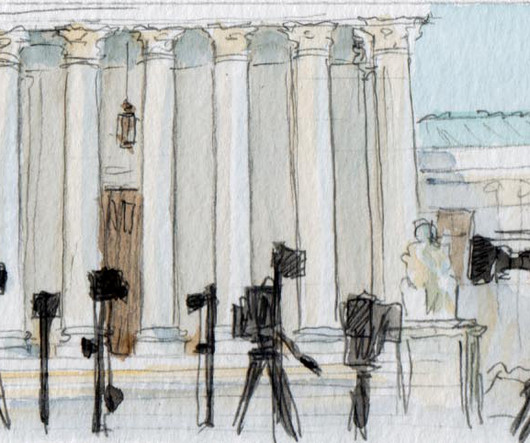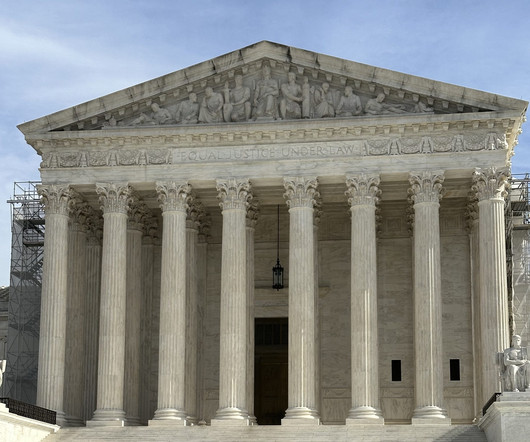North Carolina’s voter-ID lawsuit, racial bias in juries and a veteran’s disability claim
SCOTUSBlog
SEPTEMBER 3, 2021
In their petition, the legislators argue that courts are split as to whether an official seeking to intervene in a case under a state law must prove that the state’s interest is not adequately represented. Federal law curtails the extent to which a federal court can consider arguments that a prisoner has not presented in state court.
.png)














Let's personalize your content